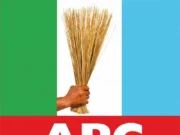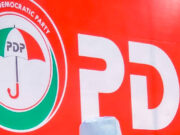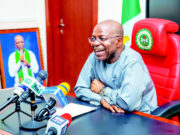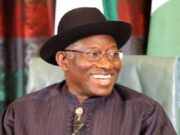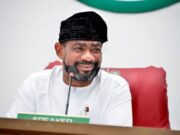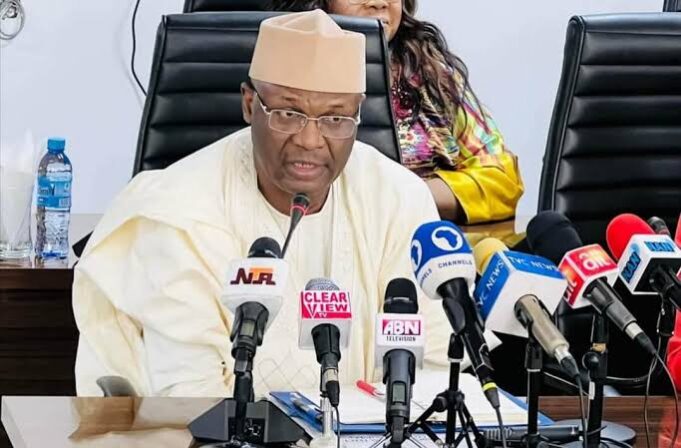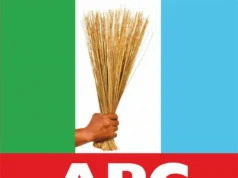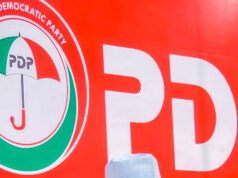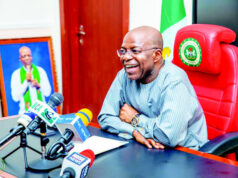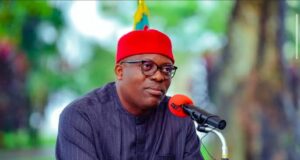The Independent National Electoral Commission (INEC) has announced that the election for the six area councils in the Federal Capital Territory (FCT), Abuja, will take place on February 21, 2026.
INEC Chairman, Prof. Mahmood Yakubu, made the announcement during a consultative meeting with political party leaders at the INEC conference center in Abuja.
Yakubu emphasized that the FCT Area Council elections are unique, as they are the only local government elections conducted by INEC in the country.
He referred to Section 28(1) of the Electoral Act 2022, which mandates that election notices be issued at least 360 days before the scheduled date.
The last FCT Area Council election was held on February 12, 2022.
Yakubu confirmed that the current tenure of the Chairmen and Councillors in the FCT will expire next year, and the 2026 election is set for Saturday, February 21.
The election will take place across 68 constituencies, where voters will choose six Area Council Chairmen and 62 Councillors.
In accordance with legal requirements, the notice for the election will be published on February 26, 2025, while party primaries are scheduled to occur between June 9 and June 30, 2025.
Yakubu also provided updates on other electoral activities, including the resumption of the nationwide Continuous Voter Registration (CVR) and the conduct of pending bye-elections.
He highlighted that since the inauguration of the current National and State Assemblies in June 2023, 23 constituencies have experienced vacancies due to the deaths of serving members or their resignation to take up executive roles.
While the Commission conducted nine bye-elections earlier in the year, Yakubu revealed that 14 more vacancies have arisen since then.
He lamented the unpredictability and costs of bye-elections, noting that some lead to multiple by-elections in a chain reaction.
Yakubu reiterated INEC’s advocacy for a more cost-effective approach to filling vacancies, similar to practices in other countries, and called on stakeholders, including political parties, and the National Assembly to support changes in the law.
He expressed hope that continued collaboration would drive further electoral reforms in Nigeria.


